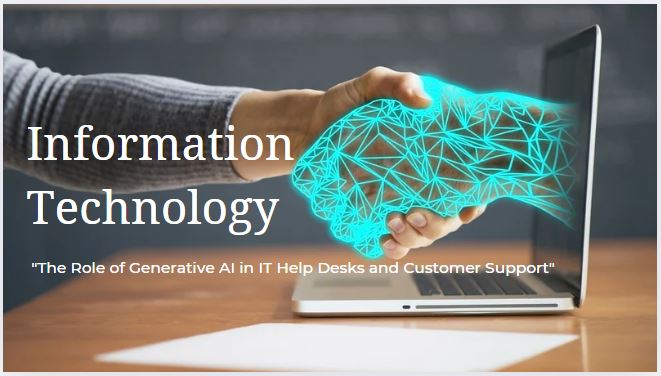
In the dynamic world of supply chain management, staying ahead means welcoming sustainability trends that shape the future. As we step into 2024, it’s important to highlight the key sustainability trends that are set to redefine the landscape.
Circular Economy Integration
The buzzword for 2024 is “circular economy.” What’s that, you ask? Well, it’s about reducing waste and keeping resources in use for as long as possible. Imagine a world where products are designed with recycling in mind and waste is minimised. Businesses are increasingly adopting circular practices. They understand this trend is important for staying relevant.
Green Logistics Take Centre Stage
In 2024, logistics is going green. This means using eco-friendly transportation, optimising routes to reduce emissions, and adopting sustainable packaging. The aim? To make supply chains not just efficient but environmentally friendly. Companies are realising that going green is not just good for the planet; it’s good for business too.
Digital Twins for Enhanced Visibility
Enter the era of “digital twins.” It’s about creating a digital replica of a physical supply chain. This helps in real-time monitoring, analysis, and prediction of supply chain activities. Imagine having a virtual copy of your entire supply chain to optimise operations and respond swiftly to changes. That’s the power of digital twins.
Renewable Energy Adoption
2024 is witnessing a surge in renewable energy adoption. From solar panels to wind turbines, businesses are shifting towards sustainable energy sources. Why? Because it’s not just about being eco-friendly. It’s about future-proofing operations against energy price volatility. Understanding how renewable energy fits into the supply chain puzzle is a must for any aspiring supply chain professional.
Supply Chain Transparency
Transparency is not just a buzzword; it’s a necessity. Consumers today want to know where their products come from. They question how they are made and their impact on the environment.
As a result, supply chain transparency is becoming a top priority. Blockchain technology plays a significant role in every transaction. It provides an open book for consumers and stakeholders.
Resilience through Localised Sourcing
The pandemic taught us the importance of supply chain resilience. In 2024, companies are rethinking their sourcing strategies. There’s a shift towards localised sourcing, reducing dependency on a single source. This not only makes sure a more resilient supply chain but also contributes to local economies.
Now, you might be wondering how one can stay up-to-date on these trends? The answer lies in skilling up, specifically a PGDM in Supply Chain Management.
PG Diploma in Supply Chain Management equips learners with the skills and knowledge needed to thrive in the ever-evolving supply chain landscape.
A PGDM in supply chain management offers many advantages for professionals seeking to excel in this rapidly evolving field. MIT School of Distance Education offers the best PG Diploma in Supply Chain.
MITSDE’s top PG Diploma in Supply Chain Management offers;
Comprehensive Curriculum
Covers the depth of supply chain management. From understanding the basics to exploring advanced concepts like sustainable supply chain practices. Learners of MITSDE get a holistic perspective.
Industry-Relevant Projects
Hands-on experience is key. PGDM programs often include industry projects, exposing learners to real-world tactics. MITSDE’s exposure makes sure that graduates are not just book-smart but also industry-ready.
Expert Faculty Guidance
MITSDE has the best PGDM program faculty with extensive industry experience. Learners benefit from their insights, gaining practical knowledge that goes beyond textbooks.
Networking Opportunities
In the business world, who you know can be as important as what you know. PGDM programs provide ample networking opportunities. They connect learners with industry professionals, alumni, and peers. This network becomes valuable when in the job market.
Focus on Sustainability
PG Diploma in supply chain is adapting with sustainability taking the spotlight. MITSDE includes dedicated modules on sustainable supply chain management. This ensures that graduates are well-versed in the latest trends and practices.
In conclusion, staying ahead in the supply chain game requires understanding and embracing sustainability trends. A PGDM in Supply Chain Management not only imparts the necessary knowledge but also provides the practical exposure and industry connections needed to thrive in the dynamic world of supply chain management.
As we step into 2024, the future is bright for those who choose to navigate it with a PGDM in hand.


